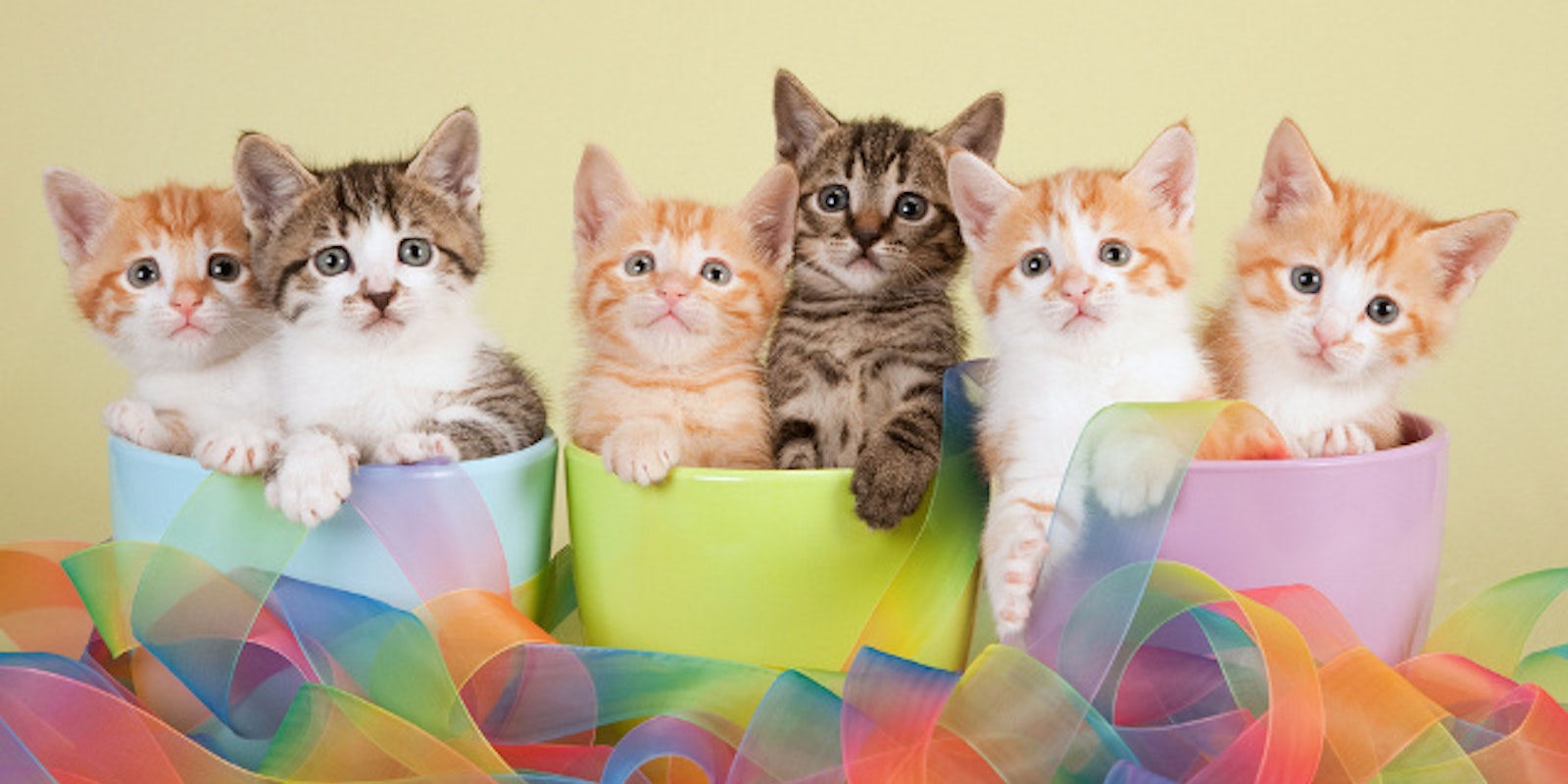Spending time at work looking at photos of cute animals might actually be good for business if a new Japanese study holds up to scrutiny.
Researches at Hiroshima University recently conducted a series of tests to determine the effects of cute animal exposure on productivity and task completion in humans, and found them to be quite positive.
Forty-eight college students were divided into two groups and asked to play a game similar to Milton Bradley’s “Operation.” At the end of the first round, 24 students were shown photos of baby animals, while the other 24 were shown photos of adult animals.
Those students in the first group were found to be far more successful at picking pieces out of the patient’s body the second time around than the students who were shown the “non-cute” photos.
Another experiment consisted of dividing the students up into three groups, and asking them to count how many times a certain number appeared in a string of numbers. Once again, a group of students was shown photos of baby animals in between sessions, while another group was shown adult animals.
This time, a third group was shown photos of “pleasant foods,” including sushi and steak.
The researchers found that students in the “cute photo” group outperformed those in the two other groups by a significant margin.
In their paper, published in the most recent edition of the online journal PLoS ONE, the authors concluded that “kawaii things not only make us happier, but also affect our behavior,” adding that “viewing cute things improves subsequent performance in tasks that require behavioral carefulness, possibly by narrowing the breadth of attentional focus.”
LiveScience breaks it down:
Previous studies have shown that humans slow down their speech when talking to babies, and the Japanese researchers speculated that viewing the cute images may have had a similar effect – slowing the behavior of the students who saw the cute baby animal images and improving their accuracy in the game. In addition, the researchers suspect the baby-animal group got a boost in nurturing feelings, something that would likely benefit performance in the care-related task that involved helping someone (even if that someone was an anthropomorphic game board).
Lead author Hiroshi Nittono, a cognitive psychologist, suggests offices might want to consider adding “cute objects” to workspaces in order “to induce careful behavioral tendencies in specific situations.”
Somehow I don’t think businesses need to worry too much about making sure their employees get their daily fix of cute things.
By Neetzan Zimmerman, photo via Shutterstock
